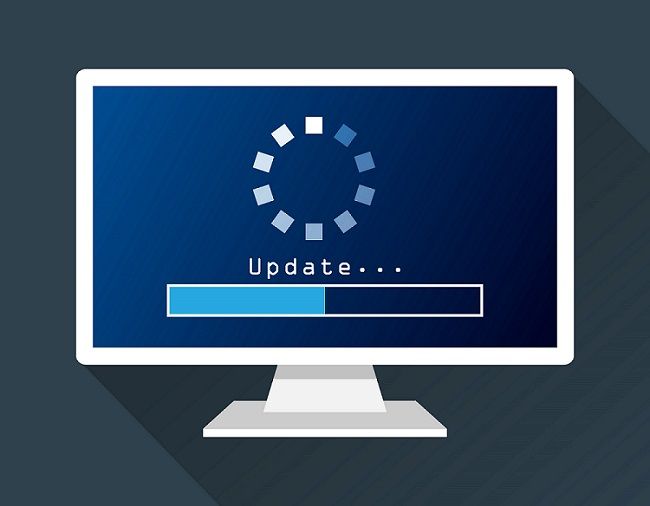The online gaming market has grown tremendously over the last decade and continues to do so. The increase in popularity of video games has driven the esports market to mainstream. Middle schools, high schools, colleges, and universities have witnessed the growing trend, and many have created dedicat...
Patch Management: An Essential Cyber Security Service Your Business May Not Have
Information Technologies | Nicole Keiner | Thursday, September 2, 2021
Do you lock the doors to your business when you go home to protect confidential information and valuables from robbers? Why, of course, you do! But, while the physical security of your business is extremely important and always on top of mind, you need to value cybersecurity at a higher level.
Virtual criminals can be found everywhere, and businesses are a hacker’s sweet spot. For years, cybersecurity updates or patches were focused on new features, but now, they are almost entirely security-focused. The reason is simply that data has become the new ‘gold’ for hackers.
Depending on the article or information source, some organizations are saying that over 80% of data breaches are human error, phishing scams, poor file storage, bad computer security policies, glitch or transfer mistakes. The other half of data breaches are malicious or criminal attacks. Unfortunately, criminal attacks are on the rise and will soon be the top reason for data breaches.
In January 2020 alone, there was more than 1.76 billion records leaked. So how, as a business, do you protect your confidential information? The first step - have a solid patch management process in place.
What exactly is patching?
Patching is like having holes in your roof. It is not a huge problem until it rains. And then, when it rains, it pours, making a huge mess that could have been avoided if the small hole was fixed months ago. That is where Intrada comes in. We don’t just randomly patch when needed. Patching is a continual process that is monitored.
Intrada has been managing patching and security for over 20 years. Patch management should be considered proactive, not a reactive service. We use patch management tools with monthly and quarterly compliance follow-up processes to ensure client networks are patched to the latest versions. Intrada also offers employee training, security audits, phish testing, vulnerability notification, disaster recovery, and advanced cyber-security policies, including
Intrada Technologies prioritizes patching into four levels:
- Operating systems running on workstations, laptops, devices, mobile devices, or servers.
- Services including virus protection, endpoint detection, and response or filters.
- Hardware including firmware versions on switches, firewalls, wireless devices, servers, workstations, printers, camera systems, and any attached network devices or services.
- Software like Microsoft Office, Java, office productivity, Adobe, accounting, 3rd party browsers, and all installed software.
Cybersecurity Insurance Isn’t Enough
Hackers know that you have value in your data. It is your responsibility to protect your business and clients’ information from cybercriminals. Purchasing cyber insurance that will help cover the costs of a cyberattack is important, but it isn’t enough. This insurance does not mean your business is fully protected. It means you need to prove you are patching, or in the event of a claim, the insurance company will not pay out all benefits. This is where Intrada can help.
With a solid patch management process in place to ensure the proper patches are getting installed within an approved window of time from release to prevent cybercriminals from installing ransomware on computers, you are doing everything you can as a business to keep your information safe.
If your company is interested in having a cybersecurity review or discuss PRO-Active management services from Intrada, including patch management, give us a call at 1-800-858-5745.
Intrada Technologies Names Rachel Edwards and...
Intrada Technologies client services team: David Steele, Rachel Edwards, Nicole Keiner, and James HaywoodIntrada Technologies recently named Rachel Edwards and Nicole Keiner as Senior Marketing Strategists in the greater Harrisburg and Muncy market areas.Rachel and Nicole are responsible for develop...
Contact Us
- 800-858-5745
31 Ashler Manor Drive
Muncy, PA 17756
Office Hours
Monday - Friday
8 AM - 5 PM EST
Intrada Technologies


Copyright © 2025 - Intrada Technologies - Privacy Policy and Disclaimer
Our website uses cookies and analytics to enhance our clients browsing experience. Learn More /
